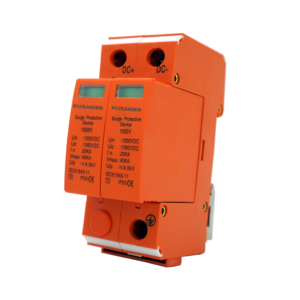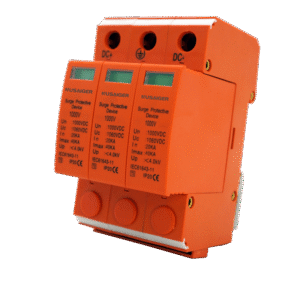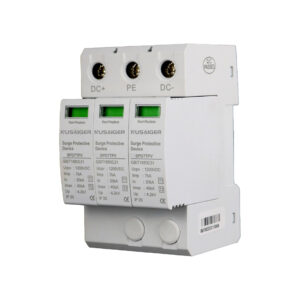Installation and Maintenance of SPDs: Best Practices to Maximize Protection
Published on August 5, 2025
Introduction
Proper installation and maintenance of Surge Protective Devices (SPDs) are key to ensuring their effectiveness in protecting electrical systems. This article discusses industry best practices and practical tips.
1. Preparing for Installation
Before installing, verify the SPD’s specifications match system voltage and requirements. Inspect the device for physical damage and check manufacturer instructions.
2. Wiring and Grounding Best Practices
Use the shortest possible wiring runs to minimize inductance. Ensure a solid and low-resistance ground connection according to electrical codes. Avoid routing SPD wiring near noise sources.
3. Coordination with Circuit Protection
SPDs should be installed in coordination with breakers or fuses to protect against fault currents. Properly sized protective devices enhance safety and SPD lifespan.
4. Testing and Verification
After installation, test SPD operation using appropriate test equipment. Confirm grounding integrity and monitor indicator lights or alarms.
5. Routine Inspection and Maintenance
Regularly inspect SPDs for damage, discoloration, or blown indicators. Check remote monitoring systems and replace SPDs when necessary.
6. Handling Lightning or Surge Events
Following a known surge event, inspect SPDs and electrical systems for damage. Replace SPDs showing any sign of degradation immediately.
7. Using Diagnostic Tools
Thermal imaging and insulation resistance testing can detect issues with SPDs and associated wiring before failures occur.
8. Case Study
An example of improved system reliability after upgrading SPD installation and maintenance procedures.
Conclusion
Following installation and maintenance best practices maximizes the protection offered by SPDs, ensuring longer equipment life and fewer downtime incidents.



